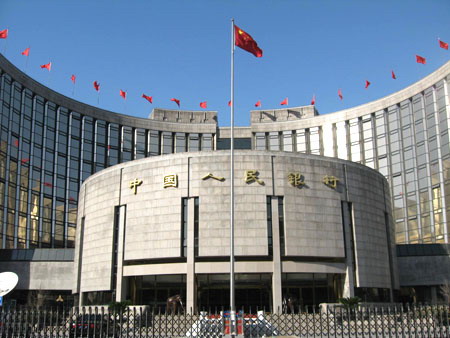 |
|
The People's Bank of China becomes independent from the Treasury Ministry in 1978.
|
30 years ago, if Chinese people had any savings they deposited them in the bank, but successive financial reforms have gradually opened up new avenues of investment. By the mid-1980s, people were able to buy government bonds, and around the same time the first company shares were issued. After the 1998 housing reform, investing in real estate became an option. In recent years investment has flooded into the stock market, but the 2008 global financial crisis has opened people's eyes to the truth of the old adage--the value of your investment may go down as well as up.
Bank deposits and money lenders
In 1977, 19 years old Jiang Huaping started work in a sugar plant located in Huangyan, Zhejiang Province. She earned 120 yuan in three months, a relatively high salary at the time. Since her family was well off, her parents didn't ask her for housekeeping money so she was able to lend the money out at a higher interest rate than that offered by the banks.
In 1982, Jiang Qinghua, Jiang Huaping's brother, started work as a military doctor in Nanjing. Since all his daily needs were met by the army, he was able to deposit nearly all his 50 yuan salary in the bank. Like millions of others whose incomes were rising, Jiang was saving more and more. Between 1978 and 1988 per capita bank deposits grew 17-fold from 21 yuan to 347 yuan. On average, Chinese people were saving 30 percent of their income.